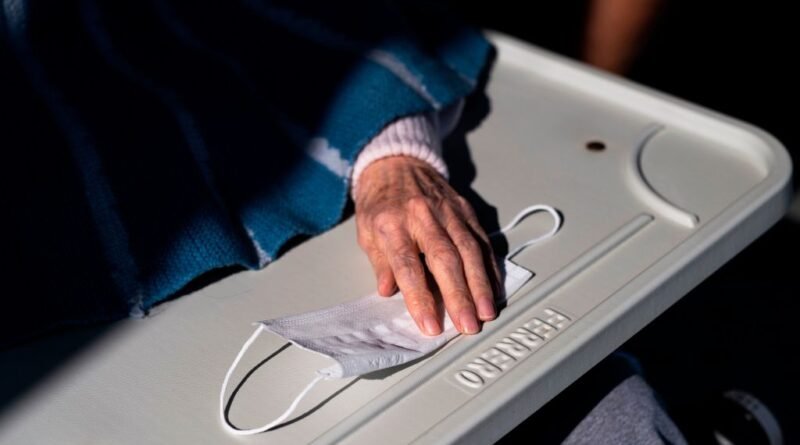Euthanasia to be Legalised in ACT, Scheduled to Take Effect in 2025
The Australian Capital Territory (ACT) recently passed the Voluntary Assisted Dying (VAD) Act of 2023 into law, making the Northern Territory the only jurisdiction without a right-to-die option. Effective in November 2025, the new law establishes a government framework to allow eligible Canberrans to make end-of-life choices.
This legislation includes strict eligibility criteria, safeguards to ensure informed consent and protection of vulnerable individuals, and access to high-quality palliative care for all residents. It also respects healthcare professionals’ right to conscientiously object to participating in voluntary-assisted dying and establishes a VAD Oversight Board to monitor compliance.
ACT Chief Minister Andrew Barr expressed gratitude to the community for supporting this victory for democratic and human rights, following years of advocacy. The first VAD bill in ACT was proposed in 1993 but was rejected at that time as “inopportune.”
The passage of the VAD law overturns the 25-year ban on euthanasia laws in the ACT and NT by the federal Parliament. With the ACT joining other states like Victoria, Western Australia, and Tasmania in legalizing euthanasia, the NT remains the only jurisdiction without similar legislation.
ACT Human Rights Minister Tara Cheyne highlighted the long struggle for the right to legislate for voluntary assisted dying and noted that implementation is the beginning of a new chapter. Health Minister Rachel Stephen-Smith emphasized the collaborative effort with healthcare providers, community organizations, and the public to ensure compassionate end-of-life care under the new law.
A 2021 survey by the Australia Institute revealed that one in ten Australians disagrees with euthanasia in principle. Concerns include potential erosion of doctor-patient relationships, undue pressure to end lives quickly, and the sanctity of life, especially within Indigenous communities in the NT.
In November 2023, Justice Wendy Abraham of the Federal Court of Australia equated voluntary assisted dying with suicide according to natural law. She ruled that doctors providing remote euthanasia consultations could face criminal charges, making it illegal to offer any information via phone, internet, or email that may encourage someone to take their own life.
Justice Abraham cited provisions in the Criminal Code since 2005 that define suicide as the intentional act of taking one’s life, regardless of the circumstances. This legal clarity reinforces the ethical considerations around end-of-life choices and the responsibilities of healthcare professionals in providing care.



